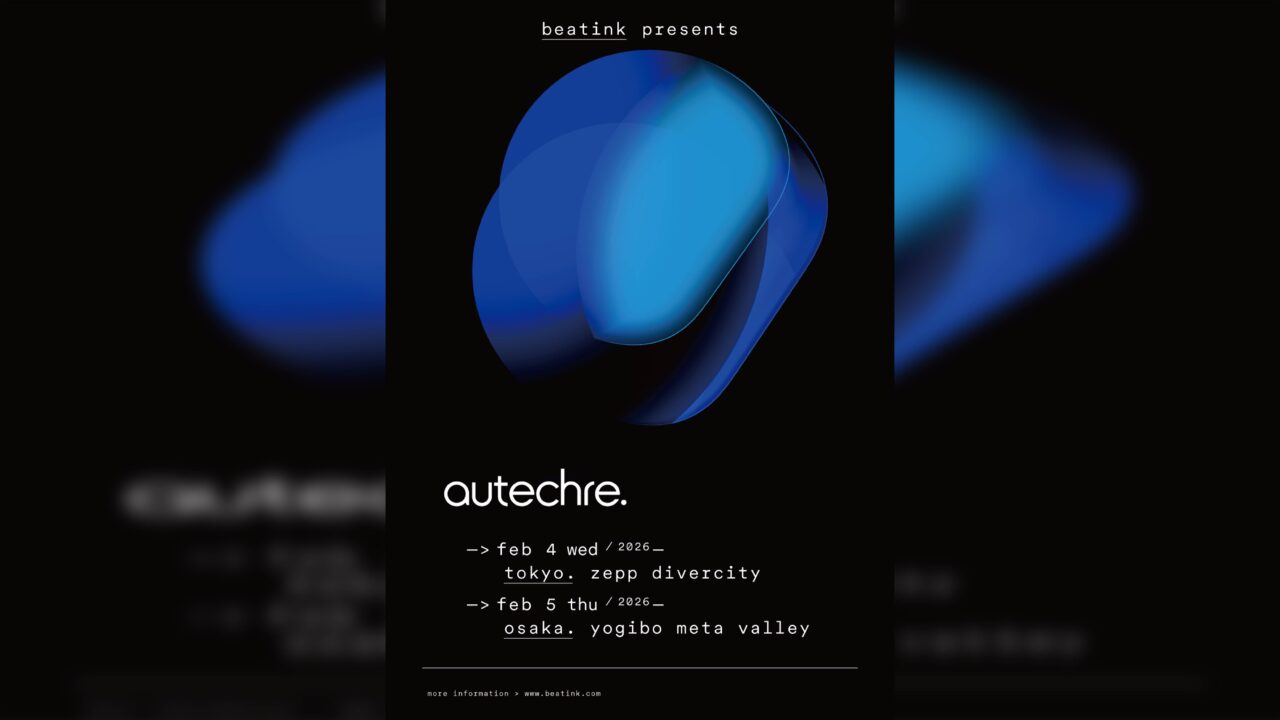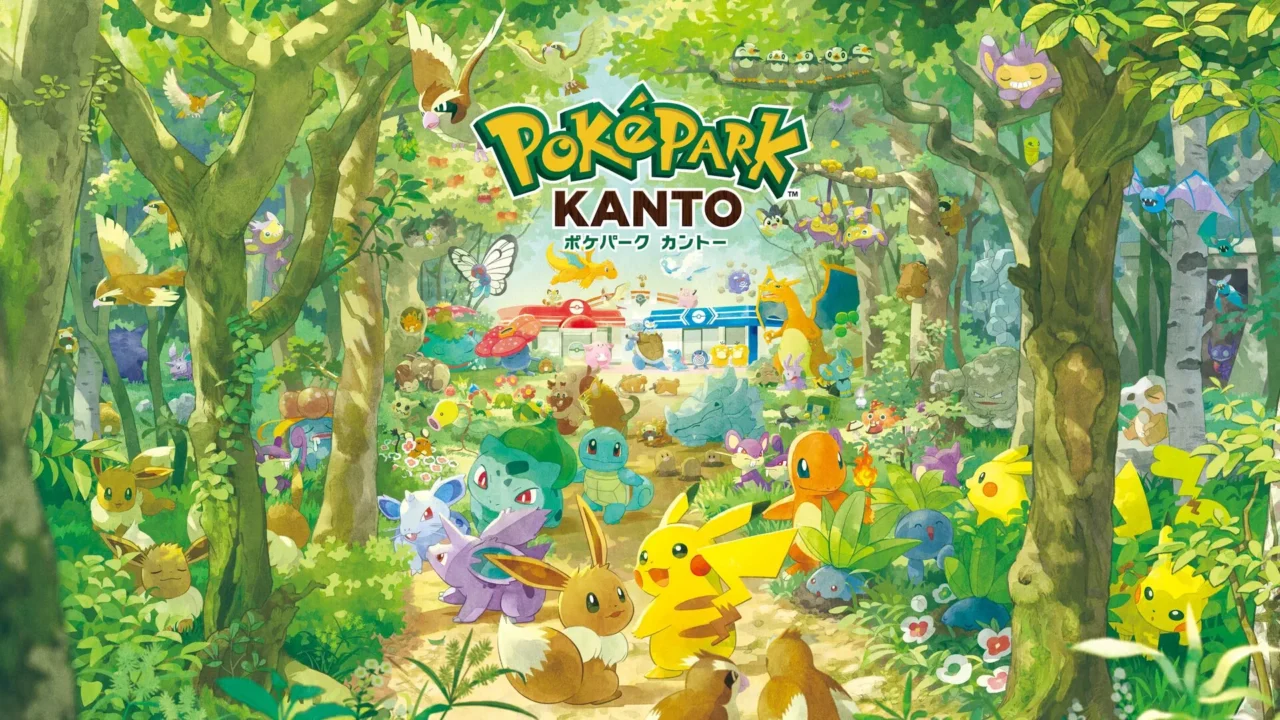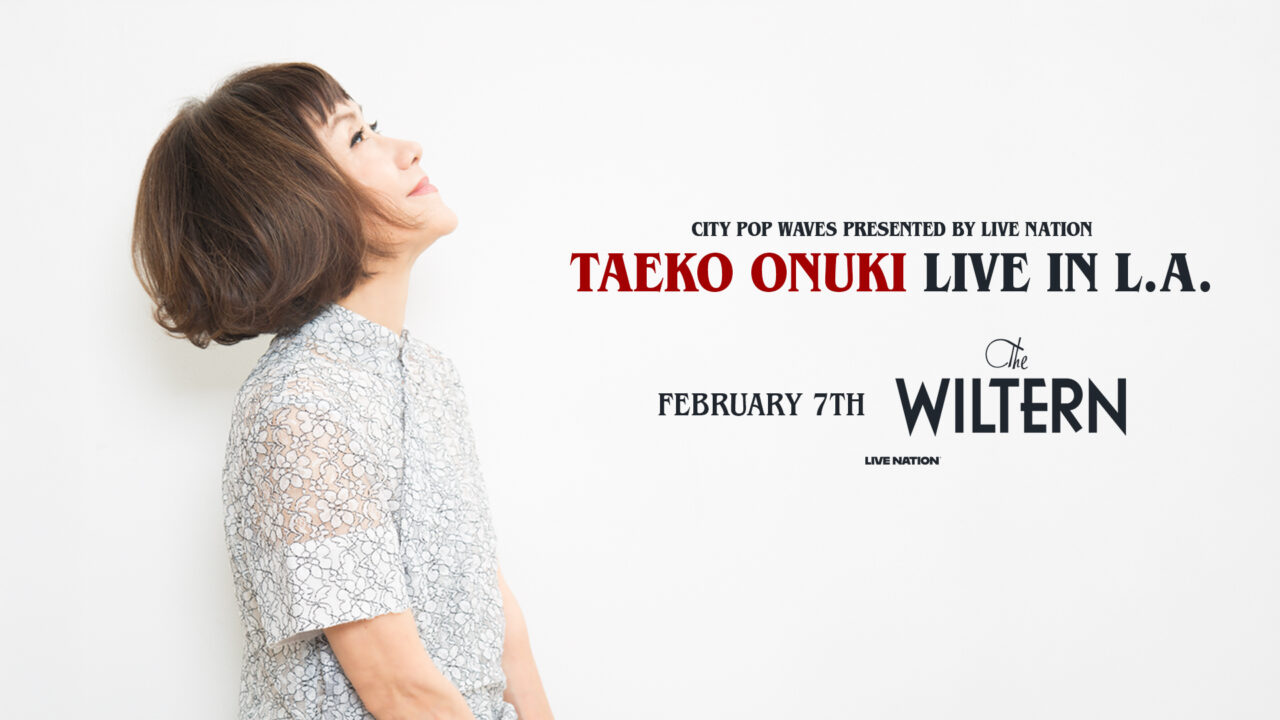A circle of friends connected by goo touchi! The “FIST BUMP” corner of the radio program “GRAND MARQUEE” features people who live and enjoy Tokyo in a relay format.
On December 18, MEISO, a bilingual rapper and simultaneous interpreter, will appear. We asked him about his thoughts on the MC battle that took place the day before the broadcast, why he decided to move to Hawaii, and the details of his English study book published in 2023.
INDEX
First visit to Japan in about 5 years for MC Battle
Takano (MC): MEISO, you usually live in Hawaii.
MEISO: I am a rapper, and I came to Japan because I was invited to the MC Battle that was held yesterday.
Takano: What kind of event was it?
MEISO: It was an event called “KING OF KINGS vs 真ADRENALINE” held at KT Zepp YOKOHAMA, where fierce MCs from all over Japan gathered and had a battle to diss each other.
Takano: Actually, I learned about MEISO when he became the MC battle champion at “B-Boy Park 2003” in 2003.
Celeina (MC): This may ring a bell with some of our listeners.
MEISO: It was 2003, you know. Many of you may not have been born yet.
TAKANO: Had it been a long time since the MC battle?
MEISO: Yes, it must have been 5 or 6 years.
Takano: You came to Japan to participate in that battle, how was it?
MEISO: It was a lot of fun.
Celeina: I guess fun comes first.
MEISO: It was a great adrenaline rush to freestyle in front of so many people.
Celeina: When you rap, do you mainly rap in Japanese or do you mix it up with English?
MEISO: Some of the songs are mixed, some are only in English, and some are only in Japanese, but yesterday I did almost exclusively in Japanese since the audience was all in Japanese. We lost.
Celeina:But “fun” was the first one. It’s very nice, isn’t it?
MEISO: I was allowed to rap hard and passionately, so it was like I was back in high school, like I was a youth.
INDEX
Resuming life in Hawaii after the Corona Disaster
Celeina:As you mentioned earlier, you are currently based in Hawaii, right?
MEISO: Yes, that’s right. I don’t know if I would call it an activity.
Celeina: Why are you based in Hawaii?
MEISO: I originally grew up in Hawaii. I spent high school and college in Hawaii, and my parents are also in Hawaii, so I kind of came back. After the Corona disaster, it was decided that I could do some things remotely, so I decided to return to Hawaii three years ago. So I decided to return to Hawaii three years ago.It feels like I’m doing the same job I did in Japan.
Celeina: In a way, it was the Corona disaster that made you realize a new way of life.
MEISO: It’s like I was lucky to have found it because of the Corona disaster.
Takano: You work as an interpreter, right?
MEISO: I usually do simultaneous interpretation, translation, and subtitling.
Celeina: I sometimes do simultaneous interpretation in programs, but it’s really difficult.
MEISO: It’s not something you can do out of the blue.
TAKANO: In order to convey nuances, you have to translate in your own words, not a direct translation.
MEISO: It is very important to capture nuances that cannot be conveyed by machine translation or direct translation. For example, there are cultural differences such as the fact that direct expressions in America may be impolite if directly translated into Japanese, and conversely, there are expressions in Japanese that may be worded in a roundabout way.
Celeina:That is why it is important to understand both cultures.
MEISO: It’s about translating the culture. That sounds a bit cool, doesn’t it?
Celeina: GRAND MARQUEE is a cultural program, so we are connected.
INDEX
The “edutainment” form of learning while having fun, which is at the root of hip-hop.
Celeina:In August of this year (2023), you published “HIP HOP ENGLISH MASTER”
Takano: I had a chance to read a little bit of this book, and it’s great. You can learn both rap and English.
Celeina: It was an eye-opener. I was surprised to learn about English pronunciation from the rap music angle.
MEISO: Thank you very much. In this book, I see hip-hop as a way to learn, and this may be the first time that I’ve tried to use it for English conversation. But learning through hip-hop is originally part of the hip-hop element. The word “edutainment” is a combination of the words “education” and “entertainment,” and the ability to learn while having fun is at the root of hip-hop. So in that sense, I myself think that this movement is true to hip-hop culture.
Celeina: You mentioned earlier about translating the culture, but in MEISO’s book, there is an interesting section that teaches hip-hop terminology and how to write a rap song in English.
Takano: I would recommend this book not only to those who want to learn English, but also to those who want to learn more about hip-hop or improve their rapping skills.
MEISO: That’s right. Also, as mentioned on the cover, I asked four of my favorite beat makers, STUTS, EVISBEATS, DJ Mitsu the Beats, and Eccy, to create original beats. You can practice English rapping to them, and people who want to listen to cool beats can also enjoy it.
Takano: I see. There is a QR code in the book, and you can listen to the audio from there.
(Let’s listen to the audio.)
Takano: Wow!
MEISO: Thank you very much. I made it like a rhythm game, inspired by a game called “PaRappa the Rapper”.
Celeina: You picked up words in English that are completely different from the Japanese pronunciation, so the audio is a good way to practice pronunciation.
MEISO: The concept is also to correct pronunciation. In the chapter I just played, we are focusing on the T flap sound, and if you say “water” smoothly, the “t” becomes more like an “r,” and so on. At the same time, it also develops your sense of rhythm, so if you do this and go to karaoke, you might be able to sing rap a little better.
Takano: Rhythm is important in English, too.
MEISO: Flow is important.
Takano: Now, we would like to hear more, but we would like to interrupt with a song here.
MEISO: It’s called “Get the Flock off Our Mountain” by Panilolo Prince and Queen Maile Jackson, a husband and wife unit from Molokai, Hawaii. I chose a local Hawaiian hip-hop song because I wanted it to be a song that would never be played on J-WAVE again and that has never been played before. The song is sung in Hawaiian and includes a hula chant. The song is about conservation, and unlike most conservation songs that are peaceful, some of the words are pronounced similar to the F-word. It’s one of those songs that says, “Get off our mountain now.” Listen to it.





















